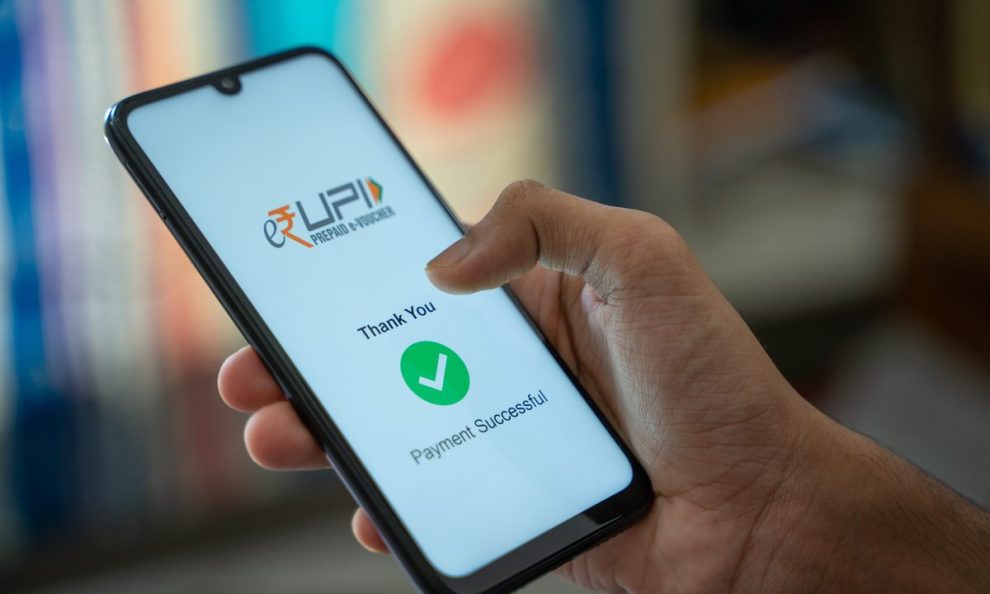Trinidad and Tobago has partnered with NPCI International Payments Ltd. to develop a cutting-edge digital payment platform. This collaboration, announced on September 27, 2024, aims to replicate the success of India’s Unified Payments Interface (UPI) and promises to usher in a new era of financial inclusion and technological advancement for the island nation.
Trinidad and Tobago’s Bold Step
As I stand in the bustling streets of Port of Spain, the capital of Trinidad and Tobago, there’s an unmistakable buzz in the air. Local business owners, tech enthusiasts, and government officials alike are abuzz with excitement about the impending digital transformation of their nation’s payment infrastructure.
This is more than just a new payment system,” explains Maria Rodriguez, a local FinTech entrepreneur I met at a nearby café. “It’s a gateway to financial inclusion for thousands of our unbanked citizens. We’re witnessing history in the making.”
Bringing UPI Expertise to the Caribbean
At the heart of this transformation is NPCI International Payments Ltd., a wholly owned subsidiary of India‘s National Payments Corporation of India (NPCI). Known for developing the revolutionary Unified Payments Interface (UPI) in India, NPCI is now set to bring its expertise to the shores of Trinidad and Tobago.

I had the opportunity to speak with Ritesh Shukla, CEO of NPCI International, via video call. His enthusiasm was palpable as he shared his vision: “Trinidad and Tobago is taking significant steps towards advancing its financial infrastructure, and we are proud to support them in building a secure, sovereign and scalable payments platform. Our experience with UPI in India has demonstrated how real-time payments can transform economies, by improving access to essential financial services and reducing reliance on cash.”
The new platform aims to revolutionize both person-to-person (P2P) and person-to-merchant (P2M) transactions. As I walk through a local market, I can already sense the anticipation among vendors and shoppers alike.
“Imagine being able to pay for your doubles or coconut water with just a tap on your phone,” says Jason Singh, a local street food vendor. It’s going to make life so much easier for small businesses like mine.
This initiative is being spearheaded by Trinidad and Tobago’s Ministry of Digital Transformation. In an exclusive interview, a ministry spokesperson shared their vision: “Fashioned on India’s UPI, the digital payment platform will facilitate innovation in the FinTech sector, enhance the technical resiliency of the current payment infrastructure by providing a complementary, non-competing digital payments platform with increased security through the reduced use of cash. Moreover, successful implementation will contribute to the financial inclusion of our unbanked citizens.”
The choice to model Trinidad and Tobago’s new payment system after India’s UPI is no coincidence. The success of UPI in India has been nothing short of phenomenal. In August 2024 alone, UPI registered nearly 15 billion transactions with an estimated value of $245 billion.
Dr. Amelia Ramsaran, a local economist I consulted, puts this into perspective: “What UPI has achieved in India is revolutionary. By bringing similar technology to Trinidad and Tobago, we’re not just upgrading our payment system – we’re leapfrogging into the future of finance.”
Enhancing Financial Accessibility and Affordability
One of the key goals of this initiative is to enhance the accessibility and affordability of financial services. As I visit a community center in a rural area outside Port of Spain, I meet Sarah James, a social worker who works with unbanked communities.
“For many people here, traditional banking services have been out of reach,” Sarah explains. This new system could be a game-changer, allowing them to participate in the formal economy and access financial services for the first time.
Another crucial aspect of the new platform is its focus on interoperability. The system aims to seamlessly connect with both domestic and international payment networks, potentially positioning Trinidad and Tobago as a financial hub in the Caribbean.
Mark Thompson, a visiting fintech consultant from London, shares his thoughts: “Interoperability is key in today’s globalized economy. By ensuring their new system can communicate with international networks, Trinidad and Tobago is setting itself up for increased foreign investment and easier cross-border transactions.”
While the excitement is palpable, implementing such a comprehensive system is not without its challenges. Issues of cybersecurity, user adoption, and regulatory frameworks will need to be carefully addressed.
It’s a complex undertaking,” admits Lisa Chen, a local cybersecurity expert I interviewed. “But the potential benefits far outweigh the challenges. With proper planning and execution, this could be a watershed moment for our nation’s economy.”
As the sun sets over the Caribbean Sea, casting a golden glow on Port of Spain, there’s a sense that Trinidad and Tobago stands on the brink of a digital revolution. The implementation of this UPI-inspired payment platform represents more than just a technological upgrade – it’s a bold step towards financial inclusion, economic growth, and a more connected future.
From street vendors to tech entrepreneurs, from rural communities to urban centers, the impact of this initiative promises to be far-reaching. As Trinidad and Tobago embarks on this exciting journey, the eyes of the Caribbean – and indeed, the world – will be watching closely.
The partnership between Trinidad and Tobago and NPCI International marks a significant milestone in the Caribbean nation’s digital transformation journey. By leveraging the success and experience of India’s UPI system, Trinidad and Tobago is poised to create a secure, efficient, and inclusive digital payment ecosystem. As the project unfolds in the coming months, it has the potential to not only revolutionize the country’s financial landscape but also serve as a model for other nations in the region and beyond.
















Add Comment